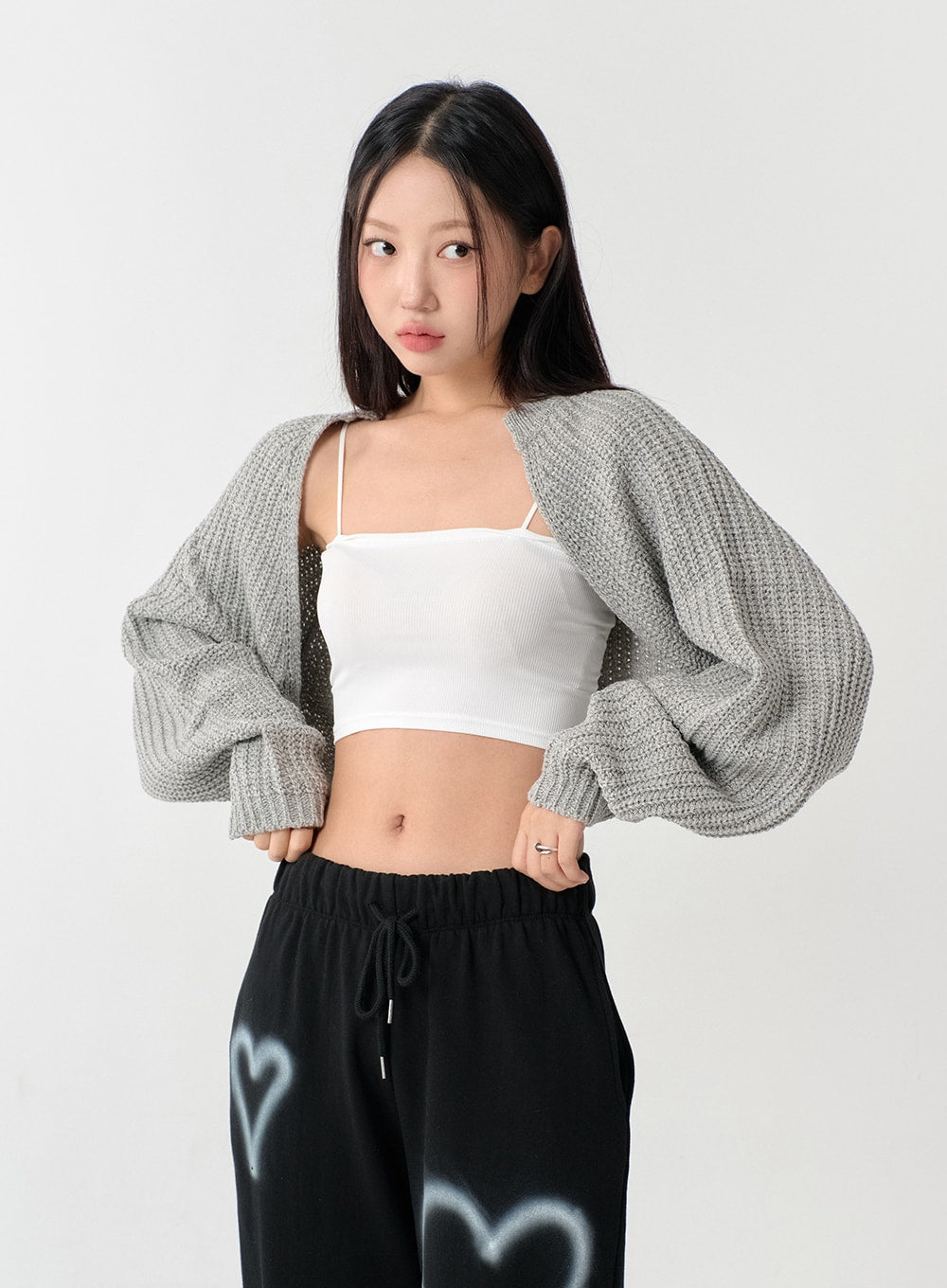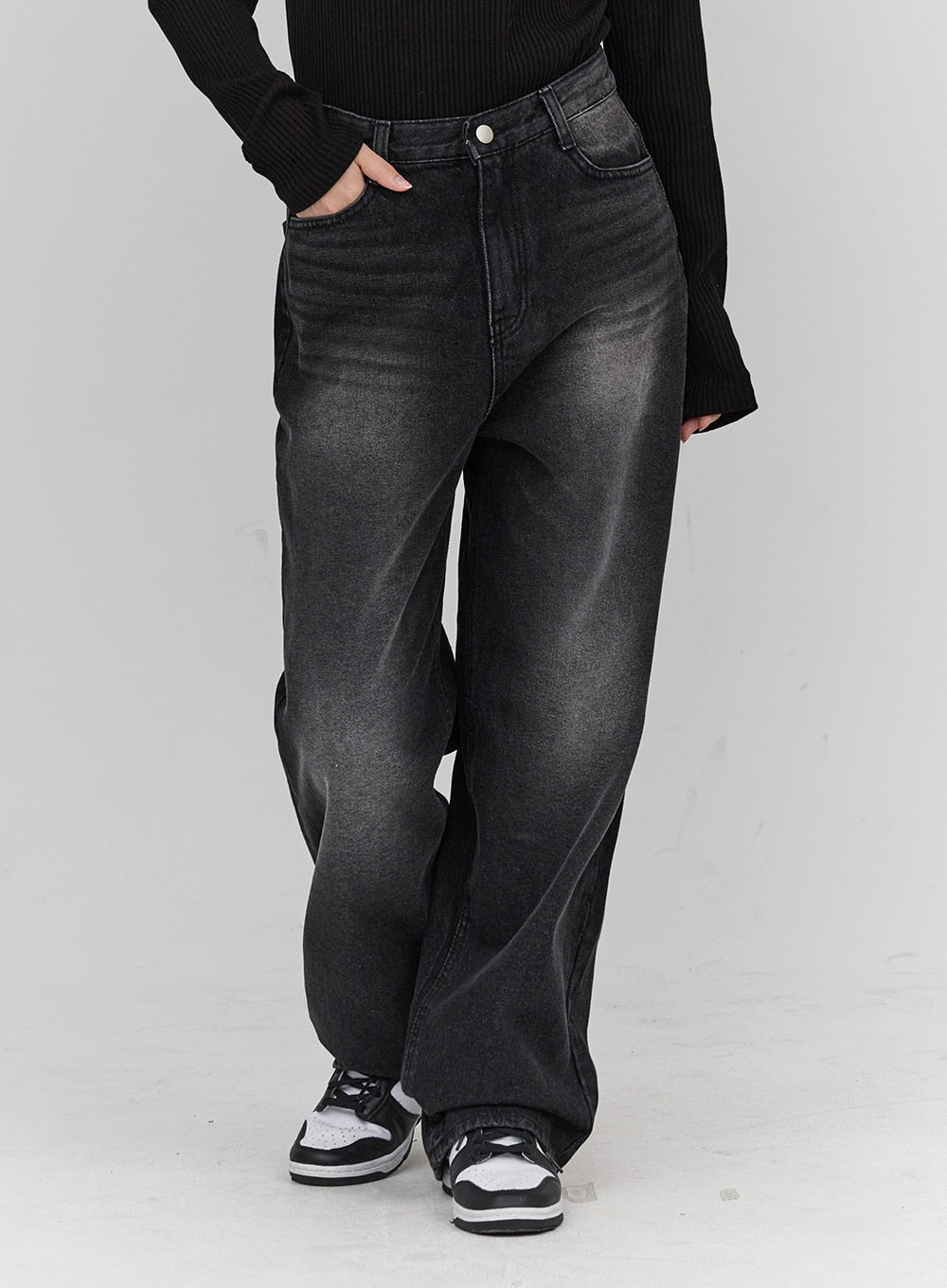
Korean Fast Fashion Facts You Should Know
, by Lewkin Unnie, 8 min reading time
✔ 台灣 (TWD $)
Stores tailored for each region, offering local currency, shipping options, and region-specific promotions.

, by Lewkin Unnie, 8 min reading time
Ever noticed how quickly the trends you see on K-drama stars pop up in stores, only to vanish by next season? That’s the heartbeat of Korean fast fashion, turning the style dial up to 11, but at what cost?
As a front-row player in the global fast fashion scene, Korea’s chic on the cheap raises some pretty serious sustainability vibes. At Lewkin, we’re all about looking fab without costing the earth — literally.
Interested in discovering more? We’ve got you covered. In this article, we’re peeling back the layers of fast fashion to show you what’s really going down.
So, if you’re keen to understand how your trendy pieces are impacting our planet and what you can do about it, keep reading!
Before we dive into the nitty-gritty, you might be wondering what exactly fast fashion is. Fast fashion is a modern, supercharged version of retail that emphasizes making fashion trends quickly and cheaply available to consumers. It relies on rapid production processes, often replicating ideas from the runway or celebrity culture and turning them into garments at breakneck speeds.
This business model has revolutionized how we shop for clothes, but it's also sparked a slew of environmental and ethical issues. As tempting as it is to snag that look-for-less, the real cost of fast fashion goes way beyond the price tag.
Korea’s fast fashion industry is sprinting to keep up with global giants. While it may not yet be on the scale of powerhouses like China or Bangladesh in sheer volume, its impact per capita is startling.
Korean brands, known for their quick adaptation to fashion trends, are increasingly contributing to the cycle of new clothing items flooding the market each season. The pace at which Korean fast fashion operates often means pushing the limits on sustainability and ethical practices.
Garment workers may face challenging conditions, and the push for lower costs drives down wages and safety standards. Plus, the pressure to drop new lines quickly leads to more corner-cutting on environmental safety, like unchecked dyeing processes that pollute local ecosystems.

Now that you're clued into the basics, let's dig deeper into the not-so-pretty details. Fast fashion might give us instant gratification with those quick trend turnovers, but the backstory isn't as slick as the styles hitting the racks.
Here are the fast facts that everyone riding the Korean fashion wave should know.
Fast fashion in Korea moves at lightning speed, which sounds cool until you realize it's not just about getting you the latest look fast. This frenetic pace means more collections per year, heightened demand for raw materials, and an unbelievable amount of leftover stock that can end up in landfills. Fast isn't always fabulous when it comes to the planet.
It's wild to think about, but producing just one cotton t-shirt requires over 2,500 liters of water — that's about what you'd drink over three years! And when you scale that to millions of garments, the numbers get even more mind-blowing. Fast fashion isn't just draining style — it's literally draining our planet.
Did you know that a truckload of clothes is either burned or dumped in a landfill every second? Yup, every second. Korean fast fashion contributes to this with unsold stocks from rapid production cycles. It's like fashion's dirty little secret, and it's about time we clean it up.
Every time we wash our cool synthetic blend outfits, they release microfibers into the water — tiny plastic threads (aka microplastics) that our treatment plants can't catch. These little buggers end up in our oceans, messing with marine life, and yep, they eventually make their way back to us through the food chain. Talk about a fashion backfire!
Here’s a hot fact: the fashion industry produces 10% of all humanity's carbon emissions. That’s more than international flights and maritime shipping combined. And fast fashion, with its speedy turnaround and extensive supply chain, is a major contributor. Each piece of clothing has a carbon footprint, and with the sheer volume produced by the fast fashion industry, that footprint becomes a stampede.
Beyond the environmental toll, there's a human cost, too. The pressure to cut costs and speed up production often results in less-than-ideal working conditions. Low wages, long hours, and sometimes even safety hazards can become part of the daily grind for garment workers in the fast fashion supply chain.

So, you're totally clued in on the fast fashion drama, but what's next? How can you help flip the script on this global issue? Knowledge is just the start. By changing how we shop, we can seriously shake things up.
Here’s how to keep your style game strong and eco-friendly:
Biggest vibe check? Shop from brands committed to sustainable fashion. Enter Lewkin — your new go-to for keeping it stylish and sustainable.
We're all about creating killer looks under ethical conditions right here in Seoul, minimizing our environmental footprint every step of the way. By supporting brands that value sustainable production and pay a living wage, you’re helping to set new standards in the fashion industry.
Secondhand isn't just thrift cool — it's climate cool. Embracing second-hand fashion reduces the demand for new clothing production, which cuts down on global carbon emissions and helps combat overconsumption. Plus, it’s a treasure hunt for unique, low price finds that keep your wardrobe fresh without tapping new resources.
Slow your roll and think quality over quantity. Investing in fewer, better-made pieces not only helps reduce textile waste but ensures your fashion items have a longer style lifespan. Slow fashion champions the idea of garments as lasting rather than fleeting, supporting more sustainable textile production methods and less frequent need for new clothing.
Be the change! Get involved with movements like the Fashion Revolution or the Clean Clothes Campaign that push for transparency and responsibility in fashion retailers. These campaigns advocate for everything from reducing pesticide use in cotton production to ensuring fair wages and safe conditions for garment workers globally.
And there you have it — your fast track to understanding Korean fast fashion and how it’s shaping, or rather, straining our world. At Lewkin, we're passionate about flipping the script on fashion, ensuring every piece we create looks good and does good. Why settle for fast when you can go forever?
Ready to join the movement? It’s time to embrace fashion that’s as conscious as it is cool. From rocking Lewkin’s ethically produced fits to choosing second-hand gems, every choice you make has the power to push the needle towards a more sustainable and just fashion industry. Let's make fashion a force for good. Keep it stylish, keep it sustainable, and let’s keep it real — together.
Because at Lewkin, we're not just about trends — we're about making a positive impact, one outfit at a time. Here’s to looking good and feeling even better about it!

Knit Bolero Shrug C2001

Low Rise Baggy Jeans CJ330

Light Washing Wide Leg Black Jeans CN23

Frill Lace Top IU330
Sources:
Explainer: What Is Fast Fashion? | Earth.Org
Fast Fashion and Its Environmental Impact in 2024 | Earth.Org
Cotton’s Water Footprint: How One T-Shirt Makes A Huge Impact On The Environment | Better Cotton